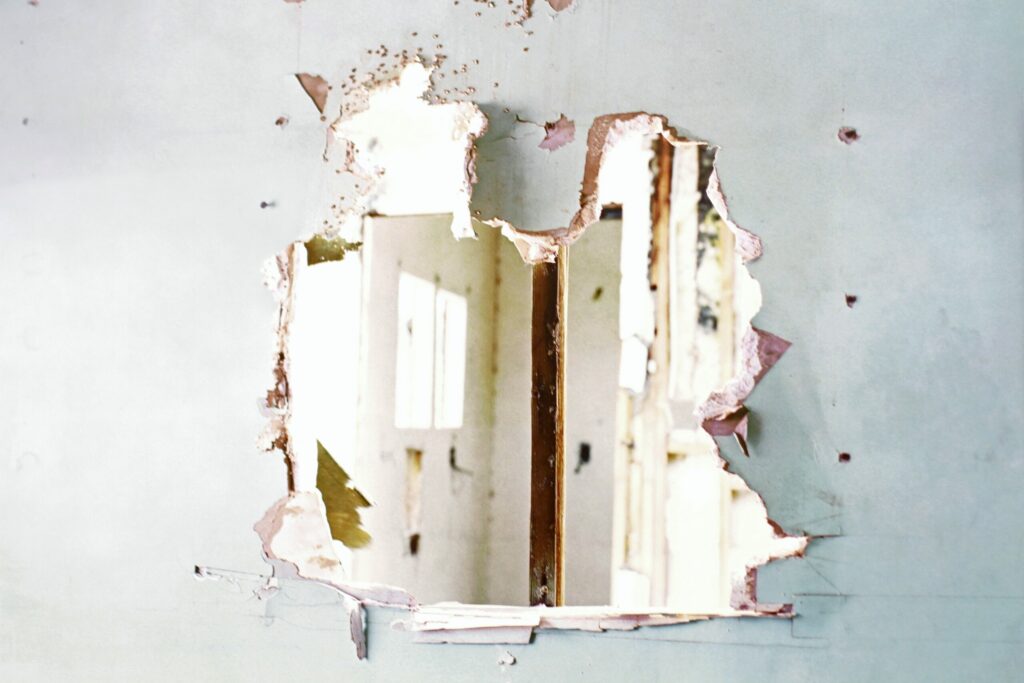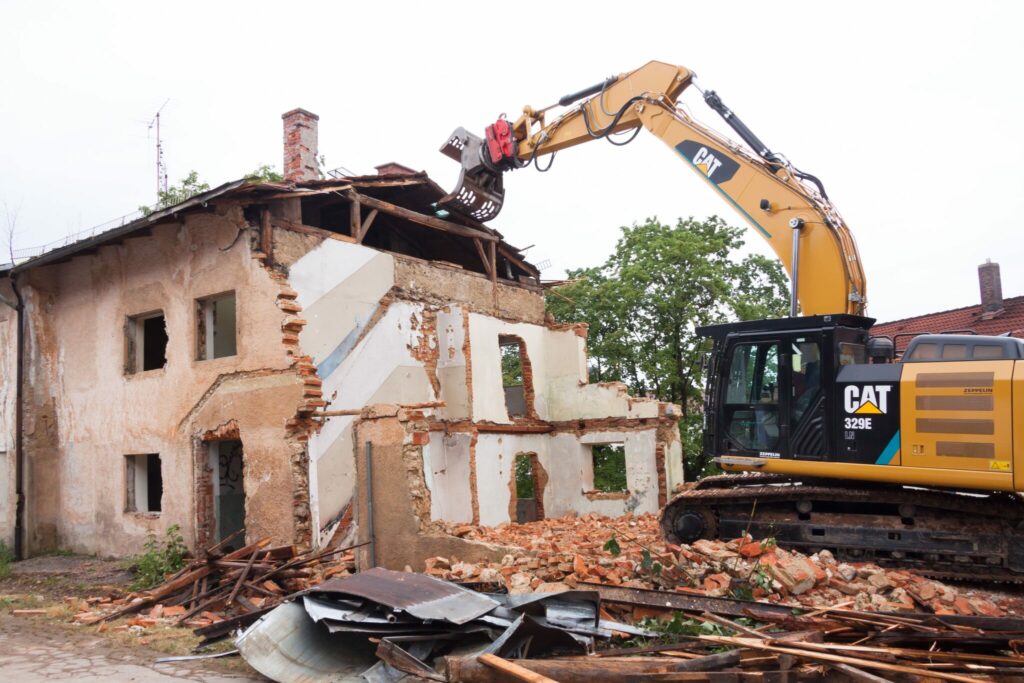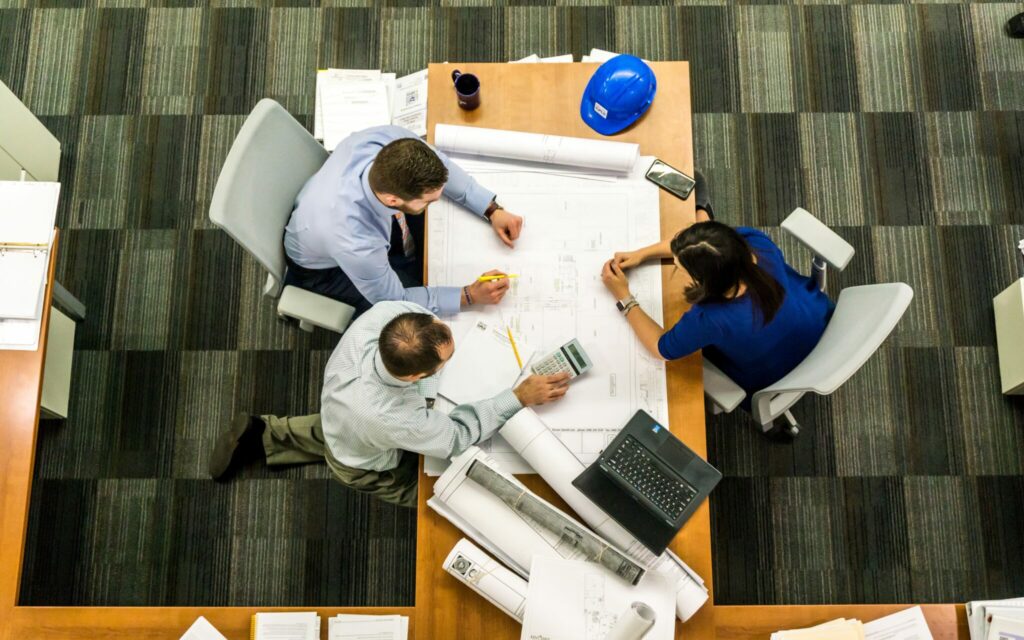Accidental Damage
What Is Accidental Damage insurance?
Accidental Damage covers unintentional damage to your building or its contents. Accidental Damage provides protection for events not covered in the Buildings, Contents (fire, flood, storm, etc.) or Theft sections. It is usually a requirement to have buildings or contents before being able to take the accidental damage section.
Who needs Accidental Damage insurance?
You probably need Accidental Damage insurance if you are at risk of accidental physical loss of, or damage to any of your property. This cover is especially relevant for events that are not covered in the Contents and Buildings sections (those sections cover fire, weather events and some others).
Some types of property and events are not included (see the “What is typically included” and “What is typically not included” sections).
How will Accidental Damage insurance protect my business?
Your insurance policy will have its own specific list of insured events and exclusions. It is best to check with your insurer or the policy wording to confirm the details of your Accidental Damage insurance policy.
Some commonly covered and not covered items include:
What is usually included?
Property items: cover for accidental physical loss of or damage to your insured property, at or about the premises, if the property is not insured under any other section or if cover is available under any other section of this policy (excluding Portable Possessions).
What items are usually not included?
- Current coin (including Kruger rands and similar coins), bank and currency notes, travelers’ and other cheques, money and postal orders, credit card vouchers, and other certificates, documents or instruments of a negotiable nature
- Furs, jewelry, bullion, precious and semi-precious metals and stones, curiosities, rare books and works of art
- Property in transit by air, inland waterway or sea
- Railway locomotives, rolling stock and other railway property, aircraft, watercraft, mechanically or electrically propelled vehicles, motorcycles, mobile plant, caravans and trailers
- Standing or felled trees, crops, animals, land (including topsoil, backfill, drainage and culverts), driveways, pavements, roads, runways, dams, reservoirs, canals, pipelines (external to the premises), tunnels, cables (external to the premises), cableways, bridges, docks, jetties, wharves, piers, excavations, property below the ground or explosives
- Electronic data-processing equipment and external data media (punch cards, tape discs and the like) and the information they contain
- Property in the course of construction, erection or dismantling including materials or supplies related thereto
- Property in the possession of customers under lease, rental, credit or suspensive sale agreements
- Glass, china, earthenware, marble and other fragile or brittle objects
What is usually not included?
- Any peril excluded or circumstance precluded
- More than the individual value of any item
- Unexplained disappearance or shortage
- Fraud or the dishonesty
- Overheating, implosion, cracking, fracturing, weld failure, nipple leakage or other failure.
- Breakdown, electrical, electronic and/or mechanical derangement
- Altering, bleaching, cleaning, dyeing, manufacture, repair etc.
- Fault or defect in its design
- Denting, chipping, scratching or cracking not affecting the operation of the item
- Termites, moths, insects, vermin etc.
- Settlement or bedding down
- Chemicals, oils, liquids, fluids, gases or fumes
- Water, steam, gas, electricity, fuel or refrigerant
- Collapse of plant and machinery, buildings and structures
How much cover do I need?
This is typically the maximum value that you would like to be covered for (first loss).
The amount chosen will be the maximum amount that will get paid out. Say the total value of all property at your address is R100 000. You believe that there is a low chance that everything will be damaged at once, so you choose cover for only R50 000. If damages are more than R50 000, the insurance company will only cover R50 000, but if the damages are less than R50 000, they will cover the full amount.
Could this happen to my business?
Property
- A drunk driver drove into the wall of a business’s building.
- Two employees dropped a machine that they were carrying, causing it to be unusable.
Leakage
- The support structure for a tank containing chemicals broke, and the spilled fluid ate into the wall and foundation of the business’s building.
What happens if I under-insure or over-insure for Accidental Damage?
The impact of under-insuring or over-insuring can affect your business in different ways
Let’s say the true replacement value of the property is R100 000 but it is only insured for R50 000. Any claims up to R50 000 are covered, but the insurance company will only pay out R50 000 for any claims above R50 000. The rest must be paid by the business.
Underinsuring for accidental damage really just isn’t worth it in the long run! While over-insuring can lead to unnecessary high premiums.
Factors affecting your premium
Generally, the higher the level of risk that a business is exposed to, the higher the cost of the premium.
- Number of past claims: the more claims a business has had in the past, the higher the premium.
- If you selected cover for leakage: this additional coverage will result in a higher premium.
- Sum insured: the higher the sum insured, the higher the premium.
- Occupation type: certain occupations are seen as more risky than others, and attract a higher premium.
Things to consider
- Would my business be able to survive if I suffered losses to my buildings, office content, machinery, or stock due to accidental damage, and I had no insurance to cover these losses?



